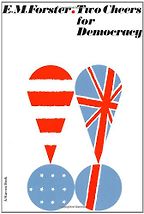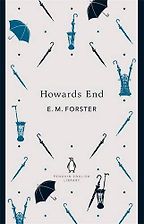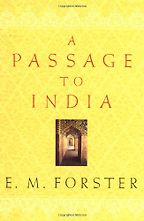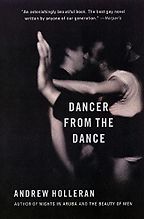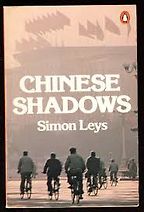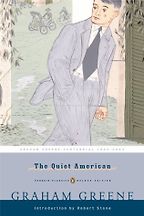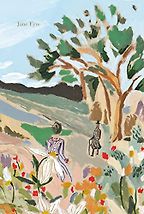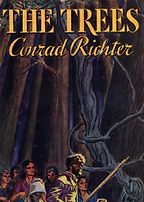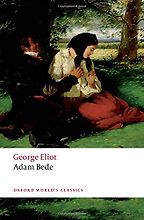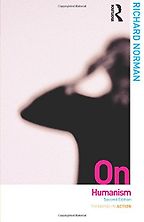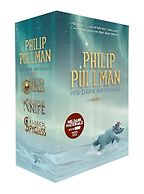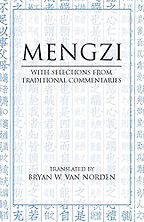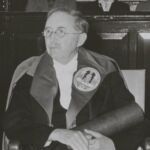
©Joop van Bilsen
Books by E M Forster
Edward Morgan ‘E.M.’ Forster (1879-1970) was a British novelist and essayist. He was President of the Cambridge Humanists from 1959 to his death and a member of the Advisory Council of Humanists UK from its foundation in 1963.
“His novels are beautiful and every one of them is a humanist work of genius, emphasising the connections between people and what holds us together, relationships, the possibility of human contact. You have that famous phrase from Howards End ‘only connect’ that resounds down the ages. He is a good example of a humanist writer in his novels, for all those reasons. But he wrote his novels quite early in his life. I don’t think he wrote another one after the age of 45 and he lived to 90. They were over quite quickly, and he spent the rest of his life as a public intellectual. He’s similar, in that sense, to Bertrand Russell. E M Forster and Bertrand Russell were both patrons of the Humanist Association. They said, at the time, that if Bertrand Russell was the head of humanism, then E M Forster was the heart. And I think that that’s quite true. The essays in Two Cheers for Democracy span a period of about twenty years—through the 30s and the 40s—and they’re incredibly humane. He touches on the prejudices of the day, the emerging totalitarianisms, and he has a wonderful essay on anti-Semitism. Very gently and with a novelist’s skill, he lays bare how stupid anti-Semitism it is—how baseless and groundless and foolish…the context in which he writes these essays, in the 1930s, is eerily similar to the context in which we find ourselves today, unfortunately. Not to be hysterical about it, but a lot of the geopolitical factors are very similar. The crisis of liberal democracy that we’re living through is the same as the crisis of liberal democracy of the 1930s.” Read more...
Andrew Copson, Nonprofit Leaders & Activist
“Mrs Wilcox tells Margaret Schlegel of a superstition about the wych elm which grows by her family home, Howards End. The village people have embedded pigs’ teeth in it, so that if you have a toothache, chewing the bark from the wych elm is supposed to cure it. Margaret and Mrs Wilcox bond over this, whereas Henry—Mrs Wilcox’s husband who later marries Margaret—is very dismissive of that sort of superstitious folk history. The tree, and the tales surrounding it, represents a more organic and rural way of looking at the world, while Henry is more urban and modern. The two clash and, in the end, when it all falls apart and Margaret has to prop Henry up because his son is going to prison for having knocked over and killed Leonard Bast, there’s a resurgence of an older way of thinking.” Read more...
Tracy Chevalier on Trees in Literature
Tracy Chevalier, Historical Novelist
“One of the novel’s strengths is that it’s not polemical. It’s very clear that Forster disapproved of colonial rule, but he doesn’t paint a caricature of brutal Brits and Indian victims. It’s much more subtle than that. The character of Cyril Fielding, the young Englishman full of goodwill, is true to life in that a lot of British people in India at the time did a lot of good – but in the end it was the system that was the problem.” Read more...
The best books on East and West
Ian Buruma, Journalist
“Historically, it’s very interesting, as Forster is obviously one of the pillars of 20th-century English literature. But this is a book he suppressed during his lifetime and thought it was unpublishable, which is sort of sad if you think about it. It’s about Maurice, who’s in love with a guy he meets at Oxford called Clive. They have an affair, but then Clive gets married to a woman. Maurice comes to visit him and is rejected by Clive in his new guise as a married man. Then Maurice finds consolation with Alec the gamekeeper. So it’s a novel that seems based on wish fulfilment, but it also has a lot of class analysis” Read more...
Edmund White, Memoirist
Interviews where books by E M Forster were recommended
The Best of Gay Fiction, recommended by Edmund White
The author, critic and creative writing professor Edmund White tells us about the battle to establish gay fiction. He recommends five novels where beautiful writing and gay themes come together.
The best books on East and West, recommended by Ian Buruma
The writer and historian Ian Buruma selects five Western perspectives of the East, including a novel of colonial India, a travelogue of disappearing Japan, and the collection of essays that lifted the veil on Mao’s China.
Tracy Chevalier on Trees in Literature
Books are made of trees and sometimes they’re also about trees. Best-selling author Tracy Chevalier picks the five best trees in fiction.
The best books on Humanism, recommended by Andrew Copson
Humanist ideas are not a recent phenomenon, but have been around for millennia, says Andrew Copson, chief executive of Humanists UK. He explains why it’s worth making a positive choice to be a humanist and recommends a great humanist reading list.
